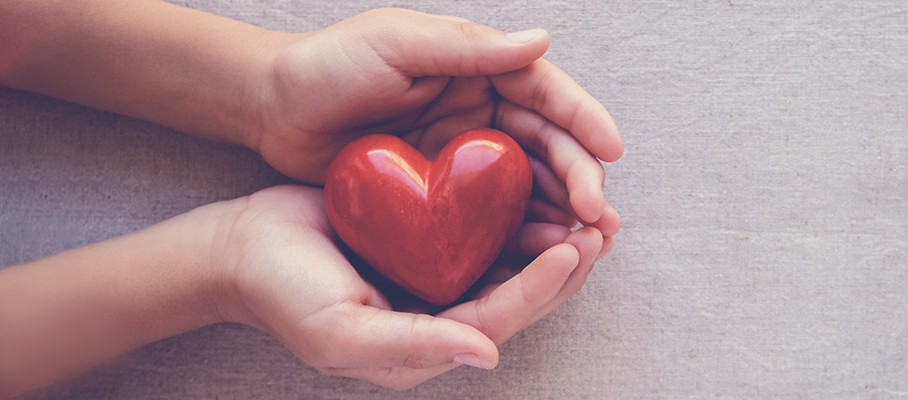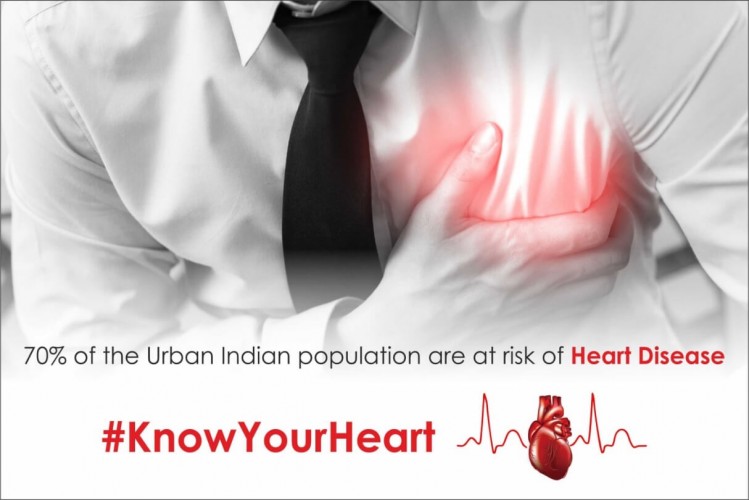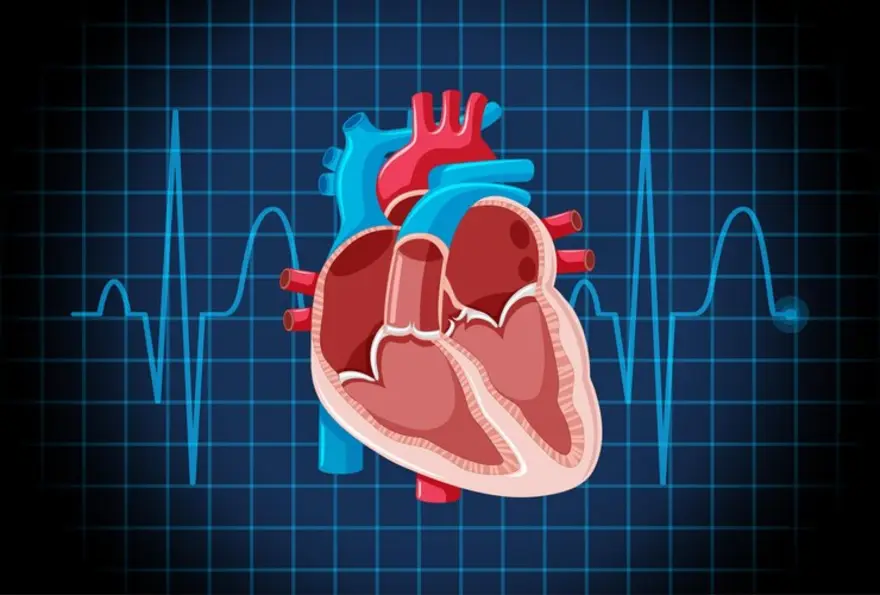heart health
Cholesterol – The Misunderstood Molecule and its role in Heart health
CHOLESTEROL sounds more like a threat call than an important molecule in the body. “Chole” come from a Greek word for Bile and Sterol are a collective group of molecules. We all Have Liver and Liver produces about 1-2 grams of cholesterol daily based on our intake of cholesterol. In case the intake of cholesterol rich food is less than the production increases and vice versa. Cholesterol is important for the production for Vitamin D, Hormone production, bile juice, cell membrane. Cholesterol being a fatty molecule it cannot mix with blood hence a transport agent in the form of Lipoproteins is used by the body to travel in our blood. These lipoproteins are what we call the HIGH-DENSITY LIPOPROTEINS_HDL AND LOW-DENSITY LIPOPROTEINS_LDL. The HDL brings the excess cholesterol to liver from all over the body for disposal hence its termed as GOOD CHOLESTEROL. On the other hand, LDL transports cholesterol and fat from Liver to all over the body and we call them BAD CHOLESTEROL. The LDL has the bad name as its associated with plaque formation and heart diseases. However another group of Lipoproteins called LP(a) are responsible for plaque formation on damaged artery sites (due to oxidation- when we breath air). Cholesterol has several metabolic functions, high cholesterol is equal to muscle growth, muscle repair and it’s a precursor for reproductive hormones. So, cutting it down does not really help. For people on plant-based diets the potassium manganese ratio can alter the blood cholesterol and low levels of sodium can increase LD. What would help is lifestyle changes that help bring a balance in the levels of cholesterol. 1. Reduce stress- More the stress more cholesterol 2. Eat at least 1 cup of whole grains a day- More fiber less cholesterol 3. Eat at least 1/3 rd cup of nuts and seeds- Good fat kills bad fat 4. Include herbs and spices in your cooking- Aids in Digestion of the fat 5. Aim for 45 mins of concentrated activity or exercise everyday 6. Avoid processed foods-Anything that has a shelf life longer than natural foods 7. Eat at least 5 -7 servings of fruits and raw vegetables a day 8. Improve sleep quality by practicing yoga nidra - Sleep is an excellent healer 9. Use cold pressed oils for cooking- Groundnut, coconut, mustard or sesame oil Change of lifestyle can bring a balance, reduce the levels of LDL. Fats can help us stay full and focused for longer time compared to carbs and proteins. Do not shun them in the name of cholesterol. Instead they will help you maintain a balance in the levels. Since it’s naturally produced by the body, we now know that its not harmful but beneficial in the moderate amounts. Keep a track of your heart by doing regular health checkup. To know more, click here Go ahead and keep your heart healthy!! Stay Happy and Healthy!! Contributed by Anitha Narayamurthy, Dietitian and Clinical Nutritionist
Know about your Heart on this World Heart Day 29th Sept 2018
Heart, the little organ sitting in our chest, works continuously throughout our life. It keeps on pumping and circulating blood in our body. While our heart works tirelessly to keep us going, we do our bit by damaging it in every possible way -many a times subconsciously. On World Heart Day which falls on 29th September, let us come together and make conscious efforts to know this very important organ and vow to take care of it. What is heart and what are its functions? The heart is a muscular organ that pumps blood and circulates it throughout our body, making up the circulatory system. The blood carries oxygen and nutrients to the body tissues which is the basic requirement of survival. What are the different ailments of heart? Heart failure is the deadliest among all the heart problems but to reach to that point the heart goes through a number of phases. It starts from Angina or chest pain due to blockage in the blood vessel supplying blood to the heart muscle. If remained untreated it may eventually lead to Myocardial Infarction or Heart Attack in common terms which happens because of death of cardiac muscle cells. Other ailments in this cycle are LVH (Left Ventricular Hypertrophy), IHD (Ischemic Heart Disease) and CHD (Congestive Heart Disease). Other ailments like Valve diseases and Cardiomyopathy are also common in the Indian Population. The most common of them all which leads to high rates of mortality and hospitalization, is Heart Attack. Let us understand what the possible indicators of the onset of heart attack could be. Signs and Symptoms of heart attack: Many people, who have a heart attack, pose with some warning signs while some remain totally asymptomatic. The early warning signs of a heart attack include: Breathlessness Cold Sweat Palpitation Pain in upper body parts Severe signs and symptoms include High to very high chest pain Severe pain in upper body parts, mainly shoulders and upper arms Nausea and Dizziness Heavy Breathing What are the risk factors of a heart attack? A heart attack can occur to anyone but there are some risk factors that enhance the susceptibility to an attack. They are categorized into Uncontrollable and Controllable risk factors. Uncontrollable risk factors: Age- In Today’s fast-moving world people as young as 35 years of age are also vulnerable, however the prevalence is more common in age group of 60+. Sex- Men are more susceptible as compared to women. However, post menopause, women become more susceptible. Race- People of African descent are more susceptible. Family History- People who have a family history of heart ailments are at a greater risk. Controllable risk factors: Smoking Alcohol consumption Obesity High cholesterol Unhealthy diet Lack of exercise High Sugar Levels Stress How can you prevent a heart attack? There are many risk factors that are not in your control but of course, there are risk factors which we can control. Following are some basic tips that keep away the chances of a heart attack. Adopting a healthy lifestyle should be the first step in dealing with the possible chances of a heart attack. Quitting the awful habit of smoking should be on top priority. Other things that can be done to improve the health of the heart are: Maintaining a heart-healthy diet There are many heart-healthy foods that cut off the chances of a heart attack. The best foods for heart health include: Fishes with high omega-3 content like salmon, mackerel, trout, herring, and tuna Nuts like almonds and walnuts Dark beans like black beans or kidney beans Berries like blueberries, cranberries, raspberries, and strawberries Red, orange, and yellow vegetables like carrots, red peppers, sweet potatoes, etc. Fruits like papaya, oranges, etc. Dark chocolate Flax seeds Tofu Regular workout Working out regularly is a must. Indulge in any physical activity like running, swimming, yoga, or a sport. Quit alcohol and smoking Alcohol consumption and smoking do irreparable damage to the heart. Quit them as soon as possible. Regular Check-ups Regular heart check-up is really necessary. Keep a tab on your lipid, sugar and weight levels. Consult your doctor at regular intervals. The Bottom Line Maintaining a proper heart health is the only thing that could keep us going. On this World Heart Day, come together and pledge that we will know our hearts and will always take care of it. https://www.youtube.com/embed/rlzFwUQhfHU
 Home Visit
Home Visit Upload
Upload
















 WhatsApp
WhatsApp